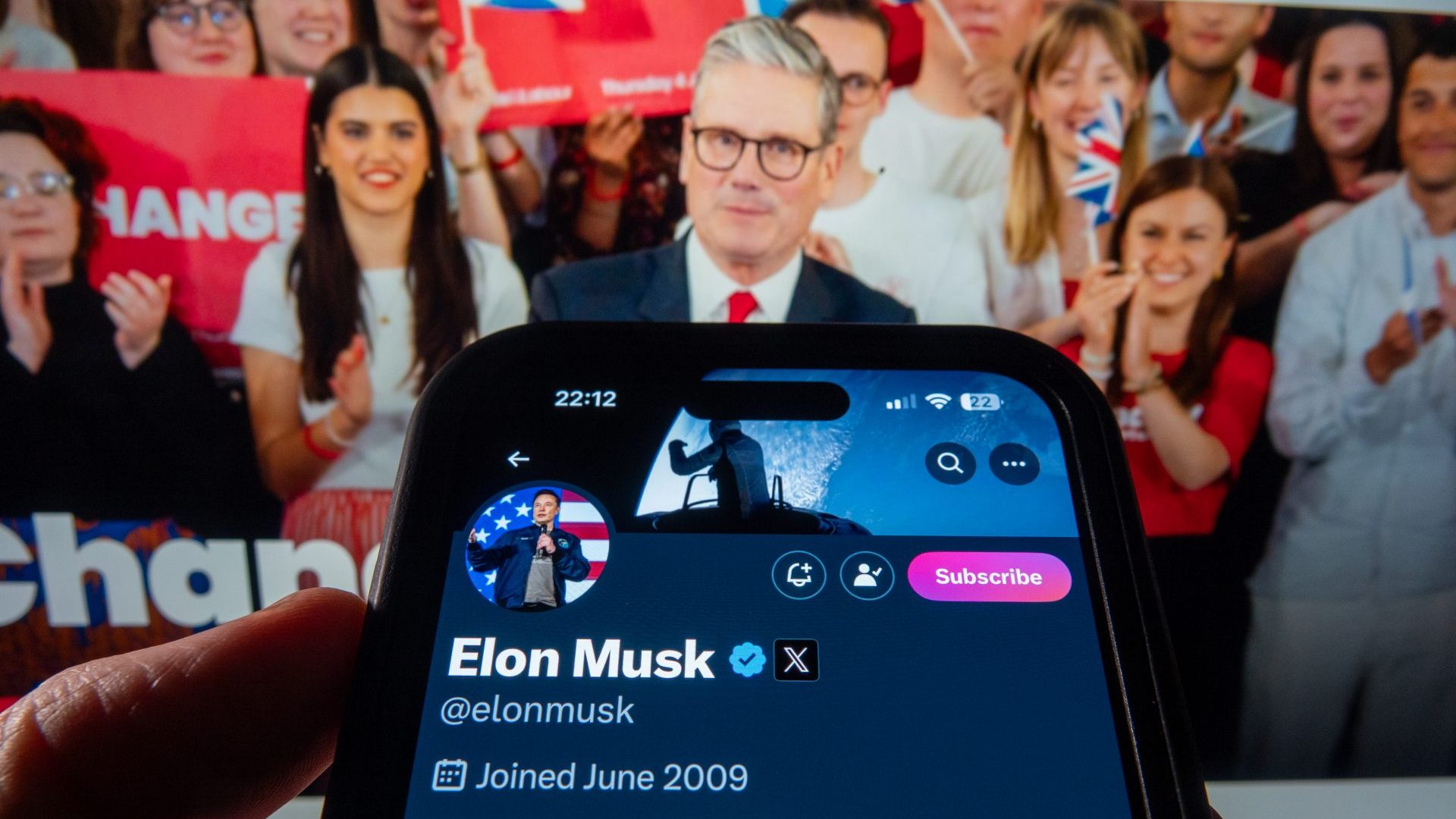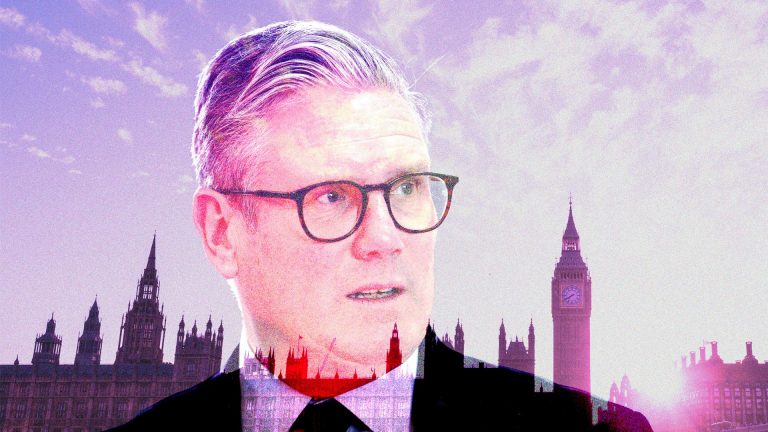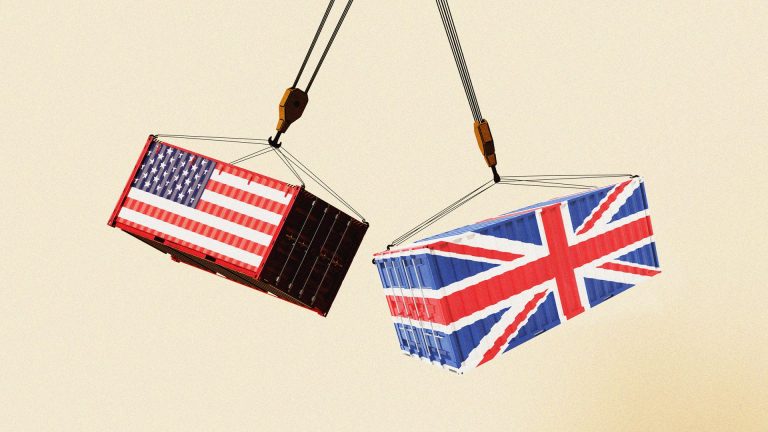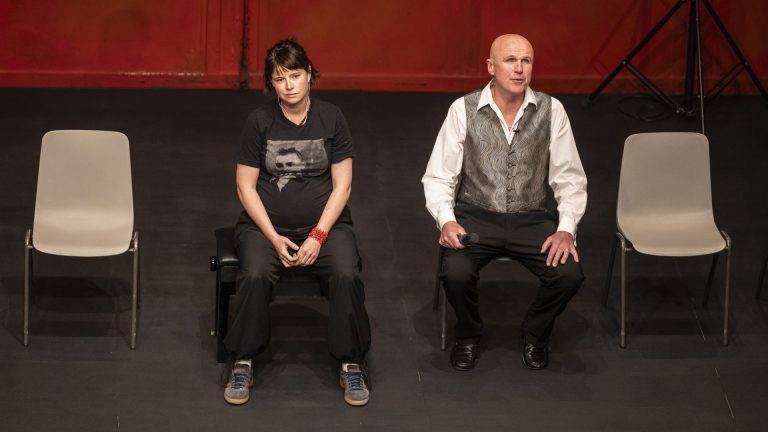In February 2023, the billionaire Elon Musk noticed that his tweet about the Superbowl had done much worse than President Biden’s on the same topic. He called a 2.30 a.m. emergency meeting of X engineers (and indeed any employees who could code) to change the algorithm and expand his reach. The engineers designed a new algorithm that inflated Musk’s tweets’ reach by a factor of 1,000.
Musk’s tweets are now wildly overrepresented to basically all Twitter users, so that using Twitter often feels as if the worst guy at the party had trapped everyone else in a one-sided, unending conversation. Six months after that, X allowed political ads back on the site after banning them in 2019. This meant that users were increasingly being exposed to ideas that had money behind them.
By the time the next American presidential election came around, Musk had also become increasingly obsessed with X personally, and not just professionally. One journalist noted that, during some weeks, “there was [only] one 90-minute period – between 3.00 and 4.29 a.m. local time – when he never posted. Every other half-hour period, night or day, he [had] sent at least one tweet [during the course of that week].”
Because Musk is chronically online, speaks English and sleeps odd hours, he has ended up taking in a great deal of British content (since Britain is five to eight hours ahead), which made him strangely and deeply invested in British culture wars even as the US election loomed: “His shortest overnight break [was] … him logging off after retweeting a meme comparing London’s Metropolitan police force to the Nazi SS, before bounding back online four and a half hours later to retweet a crypto influencer complaining about jail terms for Britons attending protests.”
The algorithm of his own platform shaped his brain. X’s own AI, Grok, flagged Musk as perhaps the biggest spreader of misinformation on the site. As went Musk, so went the platform. Studies from the University of Wisconsin and Cambridge University show that on X, right-wing ideas reach more people and other, (somewhat) left-wing accounts, including Biden’s White House, reach fewer.
On election night, Trump and Musk celebrated together. And Musk, who has $3bn in contracts with the US federal government, ended up as head of the Department of Government Efficiency, which has been continuously shrinking (and outsourcing, and arguably destroying) the federal government, week after week this year.
Many of the people who were upset or outraged by the changes to Twitter (who often are the same people outraged by the current changes to the US government) tried, and sometimes struggled, to explain why. It was, strangely, as if they didn’t quite have the language for it.
For example, Luke Zaleski, the legal affairs editor at Condé Nast, wrote a popular rejoinder tweet: “Just a reminder to everyone – Elon is a rightwing media mogul with massive conflicts of interests in various fields that require governmental oversight and regulation – who’s openly and not so openly – utilizing his giant personal social-media platform to serve his own political purposes.”
Absolutely. But our capitalist society generally allows wealthy people to buy companies and do things for political gain. The thing that made people especially upset in this case, I’d suggest, is that the company Musk owns is a vehicle for the public to engage in activities that are central to civic life. As an unknown tweeter, Avi Bueno, put it (his account later disappeared), “We should probably have a serious discussion about the ease with which a billionaire haphazardly purchased & immediately destroyed a company that… facilitated essential communication for hundreds of millions.”
The missing word here is “infrastructure”: “we” let Musk buy a crucial piece of digital infrastructure. Musk purchasing the platform was painful to many people not only because it changed their digital habits but also because they sensed, without necessarily being able to express it, that he had captured a piece of potential democratic infrastructure and turned it into something far worse.
Although most probably didn’t think about Twitter as “infrastructure”, many already grasped that there was something about its function that was potentially more socially and politically important than, say, Netflix. The frequent fury over being charged for premium use emerges from people’s intuitive sense that something like Twitter should be an important, free service (not owned by a belligerent, radicalised billionaire).
Many commentators had long believed that Twitter might play a central role in certain kinds of political and social change. Andrew Sullivan, for the Atlantic, published a piece titled “The Revolution Will be Twittered”. Mark Pfeifle, a former deputy national security advisor in the George W. Bush administration wanted to award Twitter a Nobel Prize.
I suspect Twitter will not be winning that prize now. But once upon a time many saw it as the platform that would lead to all their favoured democratic uprisings and/or enact the ideal of democracy itself. In practice, as Bevins notes, Twitter was a weak point for movements in many ways, not only because it meant that protests were only loosely organised, or because activists often thought they were doing more than they were, but also because governments used social media platforms to find and arrest dissidents.
Indeed, infrastructure is always contested in this way: used by both the powerful and the masses in competing ways to gain power, used for and against democratic life. At one end of things, users might feel they are engaged in democratic life, but at the other end, the platforms and governments involved in digital communication are often pulling their own strings, sometimes with greater effect.
For example, TikTok has now been caught up in a cold war between the US and China. So while these platforms seem frivolous on the surface to many (all the weird dancing videos! All the incomprehensible disputes and subtweets!), they are the centre of conflicts between the most powerful states on earth because of their central, infrastructural role in public life.
And in truth, as upsetting as the takeover of Twitter was in some ways, the most remarkable thing about it was that it wasn’t remotely an anomaly. Nothing about a billionaire owning an important piece of communications infrastructure (or using it to try to influence democratic elections) is unusual. And it doesn’t just happen in the US – Musk has also turned his influence to other elections around the world, perhaps most notably in Germany.
Fifteen or so billionaires own a huge percentage of America’s news channels, and six corporations alone control much of it. Rupert Murdoch owns Fox News and the Wall Street Journal. Jeff Bezos owns the Washington Post. Michael Bloomberg owns, well, Bloomberg. Donald and Samuel Newhouse own the media company that in turn owns Wired, Vanity Fair, The New Yorker and Vogue. In 2016 the Cox Media Group division owned seven daily newspapers, 59 radio stations, more than a dozen non-daily publications and 14 broadcast television stations. And so on.
Twitter’s takeover felt upsetting because it felt like a piece of infrastructure for democracy. And it felt extra upsetting because it already felt like it belonged to all of us: so many users helped make it the place it was. It was Twitter users’ labour, interests and relationships that made the site work. It felt wrong for a collective conversation about the future of the world to be purchasable, weaponisable.
But from the perspective of capitalism, the only unusual thing about the Twitter acquisition was that people could see it happening and understand its impact on their life straight away. The world was treated to a real-time demonstration of what happens when our public discourse infrastructure is owned by someone with his own particularly obvious, slightly bizarre and constantly live-tweeted agenda.
The temptation is to focus on the dramatic figures, on Trump, on Musk. But it’s not really about them, comic and frightening though they are in turns. It is the system that brought them there; it is about the economy where the three wealthiest Americans own more than the bottom 50% of the country. And there are many ways to try to change that system, but when it comes to helping people think differently and engage in the form of life we might meaningfully call democracy, I hope we now turn our attention to democratic infrastructure. We need to own it collectively; we need to build new collective forms of it. We need to take it out of the hands of billionaires and the far right. The quality of this infrastructure will determine the quality of the thinking we are able to undertake.
I have read a great many definitions of infrastructure. One I liked best was from the CEO of the Vancouver Airport Authority, who defined infrastructure as “the stuff you build for the future you want”. Do we want a future where we are stuck now, tweaking the words we use but never really reaching one another? Or do we want a future where people have real options for how to live their lives and, as a result, sometimes change their minds?
This is an edited extract from Don’t Talk About Politics: How to Change 21st-Century Minds by Sarah Stein Lubrano, published by Bloomsbury











